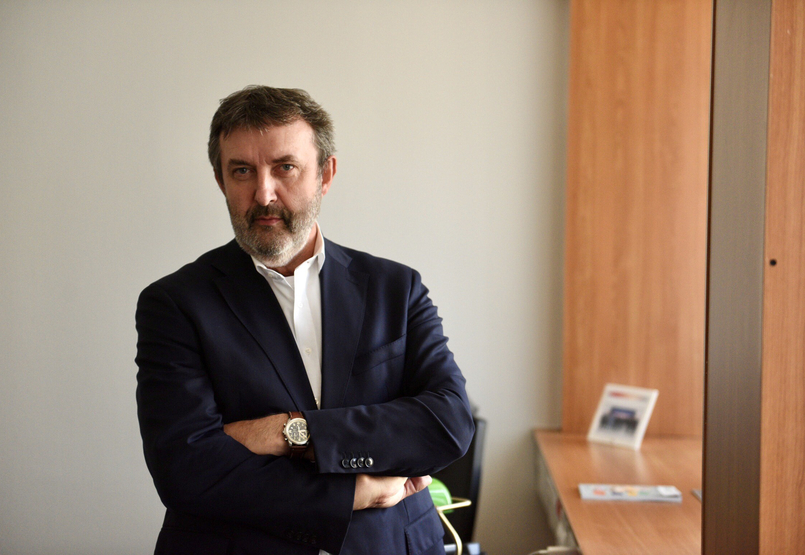Old elites in young democracies
Fidesz, Belvaros, Sarkozy
"Jesuit, pitbull, arrogant," - just a few of the terms of abuse that have been heaped on Antal Rogan in the past. But no longer. Following last year's parliamentary elections, he claims to have left the big political stage. Since becoming mayor of Budapest's fifth district he has been talking about the pensioners of his borough. He wants Fidesz to renew itself, he's doing deals with city mayor Gabor Demsky, and he continues to polish his image. His role model - unsurprisingly - is Sarkozy.
The Fidesz congress
The EU needs to take a common position on strategic questions - and the Hungarian government has its part to play in this, according to Wilfried Martens, the president of the European People's Party, giving the opening speech to Fidesz's 22nd party congress. The party's nominees for vice-president gave their hustings speeches, and delegates unanimously welcomed Jozsef Petretei's departure.
Opinion
What a terrible injustice that only 8m of 10m Hungarians have voting rights. The under 18s are barred from political self-expression! How much more effectively the rights of children and large families could be protected if children could send their representatives to parliament, not just the adults! That many have not yet come of age, that some have not yet learned to speak need not be an obstacle. Parents could exercise their children's voting rights – ideally, the father could vote on behalf of his sons, the mother on behalf of her daughters.
No end to dirty tricks
In a civilised country, national security organisations are not at the centre of the media spotlight. Especially not where normal criminal acts are concerned. But in Hungary, the National Security Office is at the centre of attention because of its investigation into potentially criminal VAT and customs fraud at the Egymasert Egy-masert Alapitvany (For one another, One differently Foundation).
Eva Beleznay
Eva Beleznay, 44, has finally been confirmed in her post as chief architect of Budapest. Beleznay's family has not followed a straight path to success. A noble ancestor once gambled away the vast Beleznay fortune, leaving her grandfather to eke out a living as a master carpenter while raising his son to become a university professor of physics.
Night of the long knives for law and order
Justice and police minister Jozsef Petretei is on the way out. Apart from him, Laszlo Bene, Peter Gergenyi and Jozsef Dobozi all fell victim to Ferenc Gyurcsany's drastic reshuffle. The prime minister said the police was in need of fundamental reform. Allegations of police brutality had been the last straw, the prime minister said.
The price of lying
The lies and unspoken truths we were treated to during the election campaign have done more damage than even I imagined when last March I asked the parties to tell the truth, because otherwise they would be unable to govern. The price that has been paid is not just the general disgust with the political elites, and it is not just about the loss of confidence in the reform process. It is about a loss of the belief that there is a point to democratic politics. Anything must be better than a market economy and representative democracy!















